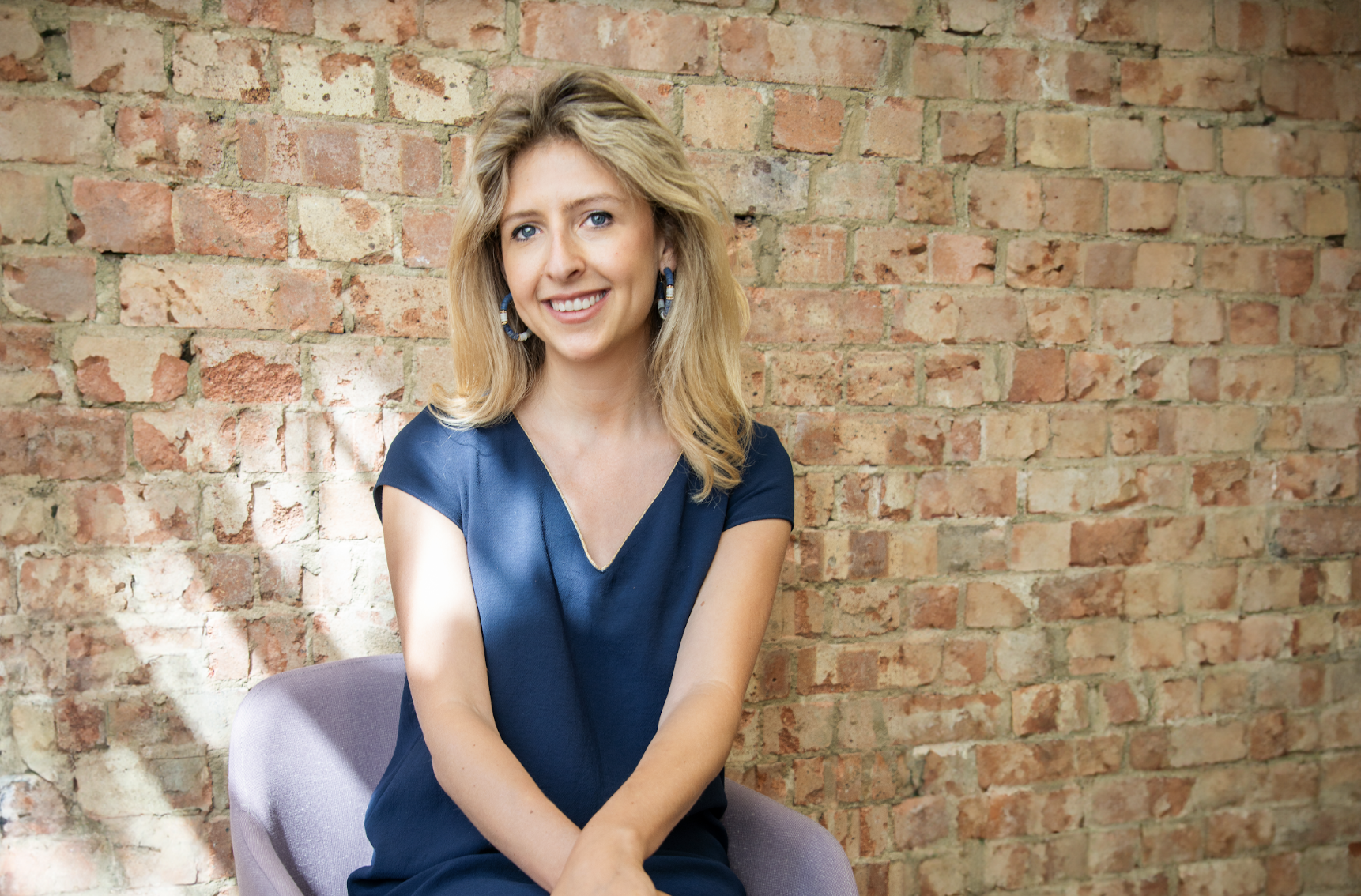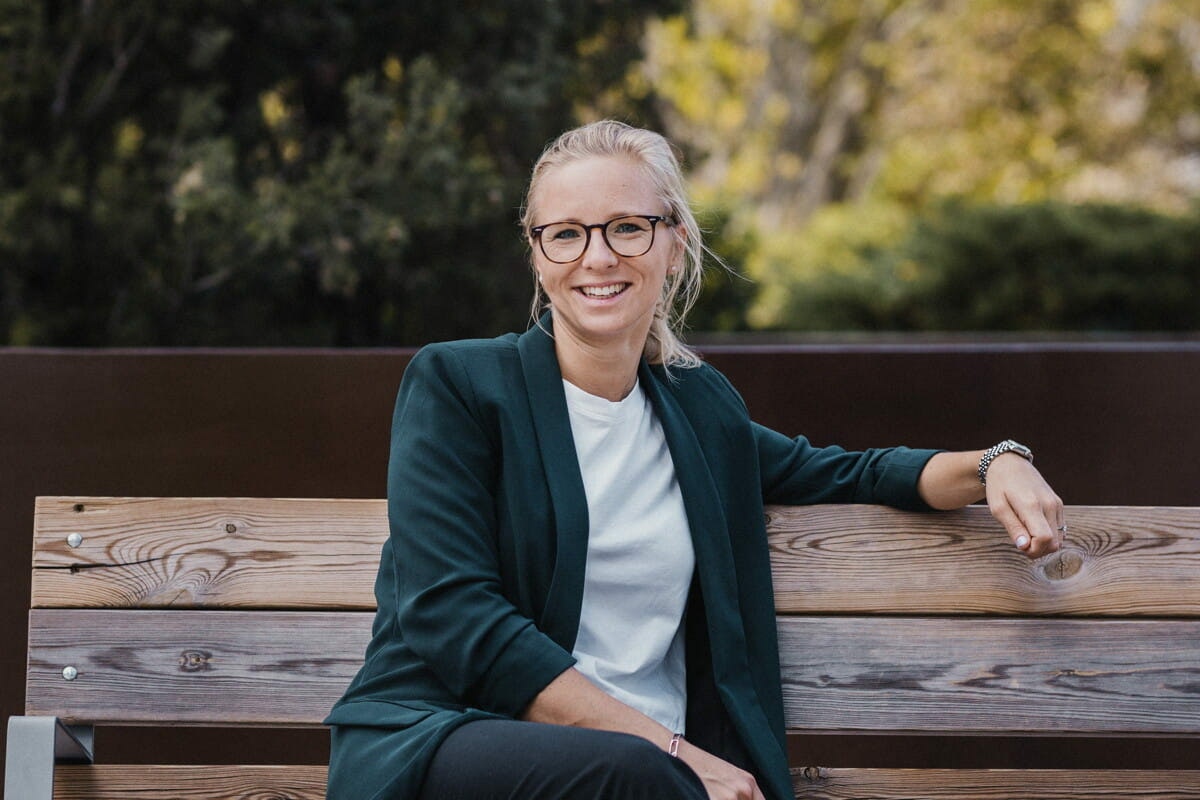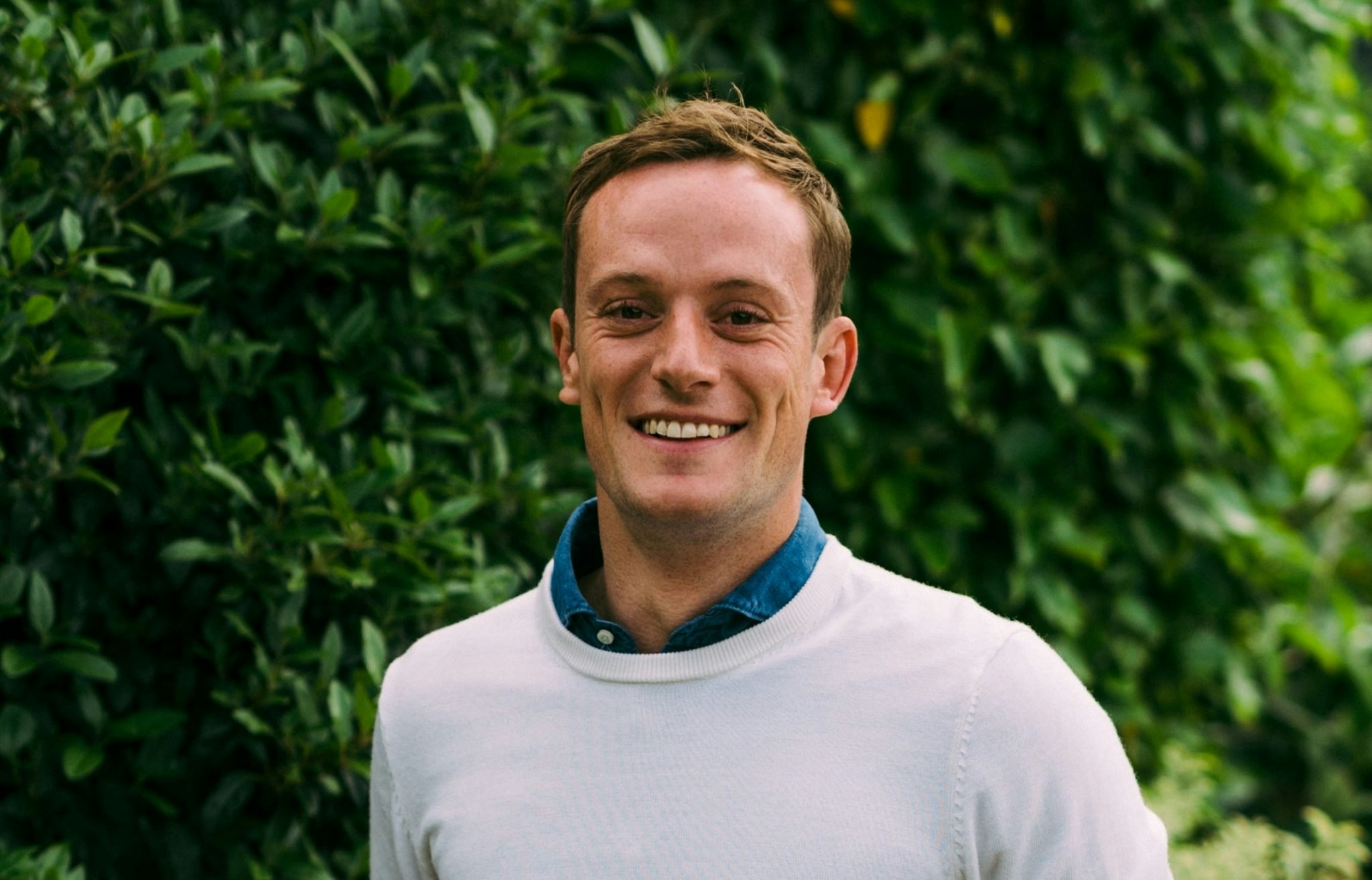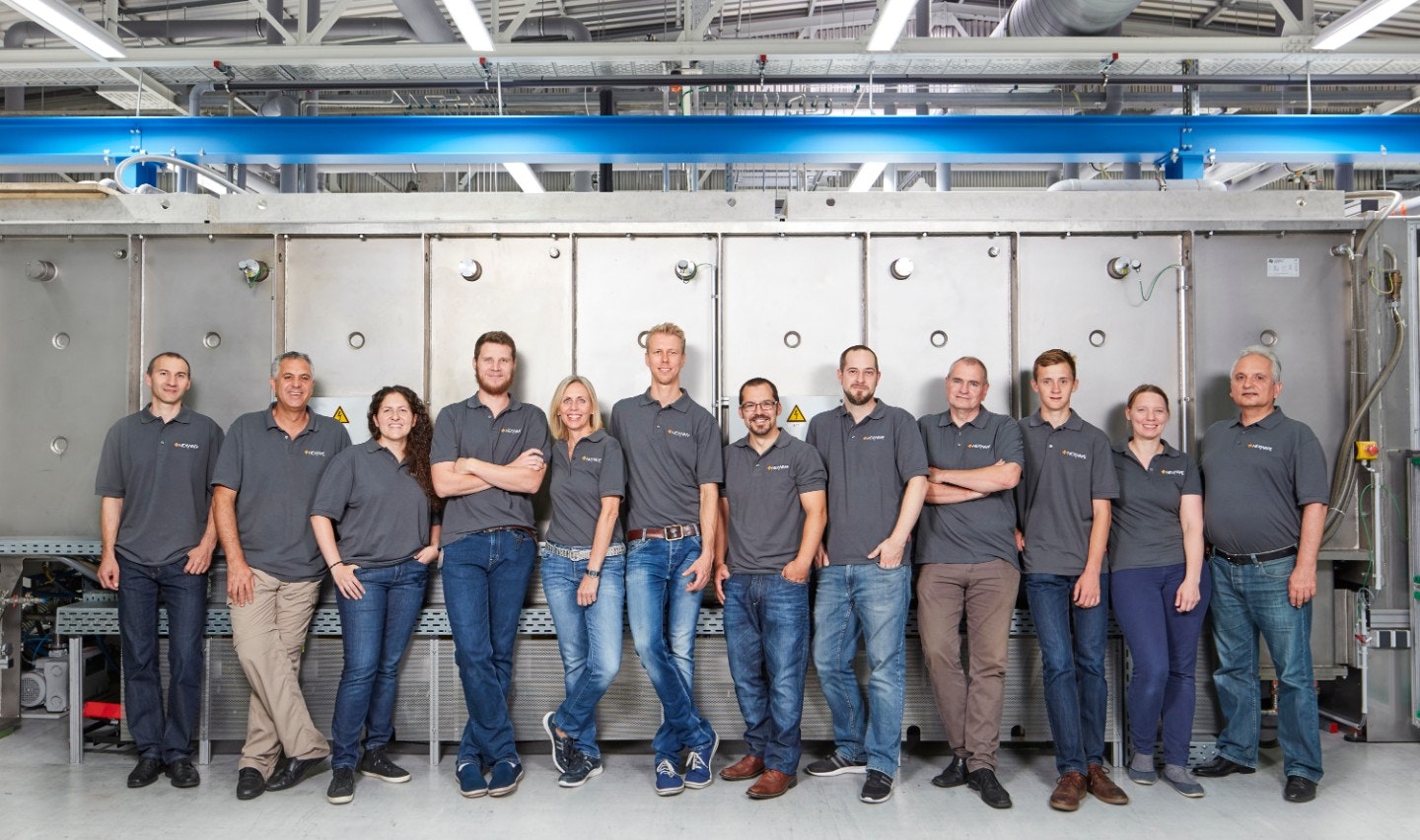Founding a startup is a high-stakes experiment: for first-time founders, it can sometimes take a lot of trial and error to get it right. That said, the lessons you learn at pre-seed might not be applicable once you reach seed stage, Series A and beyond — so the process repeats.
So, what skills do you need in your repertoire as you move through each stage of building a company? Sifted turned to a handful of founders to find out.
The skills pre-seed founders need
Killing your ego
“First and foremost, I've learned the significance of setting my ego aside,” says Harriet von Kügelgen, cofounder of climate data provider AIRMO. “No matter what position you have, you will never know everything and you will always benefit if you let people advise you.”
At this early stage, founders may still feel protective or even possessive over their budding startup — but that can affect rationality when big decisions need to be made. “It's crucial to remain level-headed and rational,” she adds, and make “informed decisions without being swayed by transient emotions” for the long-term benefit of the business.
Focus
Staying grounded and sticking to the company’s main goal is key: “success, in my view, is largely anchored in unwavering focus,” says von Kügelgen. It’s easy to get swept up in the excitement, but she adds that maintaining focus “also means having the confidence to say no to certain markets, investors or ideas that diverge from the core mission.”
AIRMO’s main mission is to “change our understanding of GHG emissions” through offering clear data that companies and institutions can use to manage and reduce climate impact.
“When you talk about satellites for earth observation — which emissions monitoring falls into — immediately people start talking about the potential of adding other parameters, such as biomass monitoring and all kinds of biodiversity parameters to the monitoring palette,” she says, adding that on several occasions when that’s happened she’s replied with, “This is not our focus!”
Team energy and articulation
Investors are on the lookout at the earliest stages for “the strength and character of your team,” says von Kügelgen — which “can make or break things.”
But beyond the expertise you need to be able to communicate what you’re doing like a pro. “Having the right expertise is one part of the equation; being able to articulate and present it effectively is equally as crucial,” says von Kügelgen.
According to Molly Alter, principal at multi-stage VC Northzone, “Articulation is everything at an early stage."

Resilience
Don’t put everything on your qualifications and experience either — Alter says that “sometimes a less than perfect CV can actually be a positive indicator, as we’re looking for founders who have had to persist through difficult professional or personal situations” as a tangible sign of their toughness.
That’s good news for first-time founders; in fact, Alter doesn’t think startup operating experience is that important at all, as she’s seen great founders pivot from completely different careers, like doctors, lawyers or creatives.
The skills to build at seed stage
A hands-on mentality
Karolina Ling-Vannerus, cofounder of sustainable packaging marketplace Circulate, suggests that more seed stage founders should ”embrace an ethos of try-and-fail.” She says that she’s often “spent far too much time aiming for the perfect frameworks and internal structure when actually the most important thing is often to roll up your sleeves and get stuff done.”
This skill came in handy when a complicated client looking for a custom mailer bag had the Circulate team going back and forth between them and suppliers for more than a month over nailing the exact requirements, says Ling-Vannerus. Eventually, the team “rolled up our sleeves, took an existing mailer bag, ruler, pen, glue and scissors and just built the bag we believed the client wanted,” which the suppliers then replicated within three days. That condensed the month-long process into less than a week.

Trust
Every founder has limitations. Ling-Vannerus says a major learning curve for her was knowing how to lead part of the team working on tech she understood little about. “One of my greatest challenges as a person lacking hands-on tech experience is how to lead, drive, support, measure and challenge our tech work and development,” she says. To help with this gap in knowledge, she’s had to trust the team to report back on progress and problems without her own analysis.
Fine-tuning what your customers actually need
In the early days where its product was still being fine-tuned, Juan Espinosa, cofounder of payments startup Sprinque, says he had to learn to say no to his own customers. Getting early adopters to trust a payments product is tough, he says, and when they request specific features that aren’t widely useful, “it can be pretty tough to say no.”
In the early days, the team were open to early requests, “but quickly noticed resources were beginning to be too spread out,” he says. The solution? Being frank with customers can be helpful, says Espinosa. Asking “incredibly direct questions” about your product can uncover problems faster than trying to work pain points out yourself. He began with asking clients multiple open-ended questions, but has since honed it down into one simple question: “What do you need to see for us to service your entire user base?”
What other skills do you need at Series A and beyond?
Delegation
When the company reaches Series A and beyond, “delegation skills are critical,” says Peter Beckman, founder of invoice financing startup Treyd. Companies at this stage tend to grow quickly — Treyd saw its headcount grow by 10x and revenue climb by 15x in the space of a year — and this means the workload grows, too.
“In the seed stage, I was hands-on with everything,” says Beckman, taking on everything from sales and support to operations and product development — but at Series A, he “quickly became the bottleneck for everything and had to learn to step back and delegate.”
In the later stages of a business, investors want founders to know when to step back, adds Alter: “At Series B and beyond, delegation becomes a skill we really look for.”
For some founders, it can be hard to “accept the transition from contributor to executive and there can be a tendency to micro-manage,” she says — but at this stage, it’s probably best for the business to bring in more specialised C-suite experts to help run the shop.


